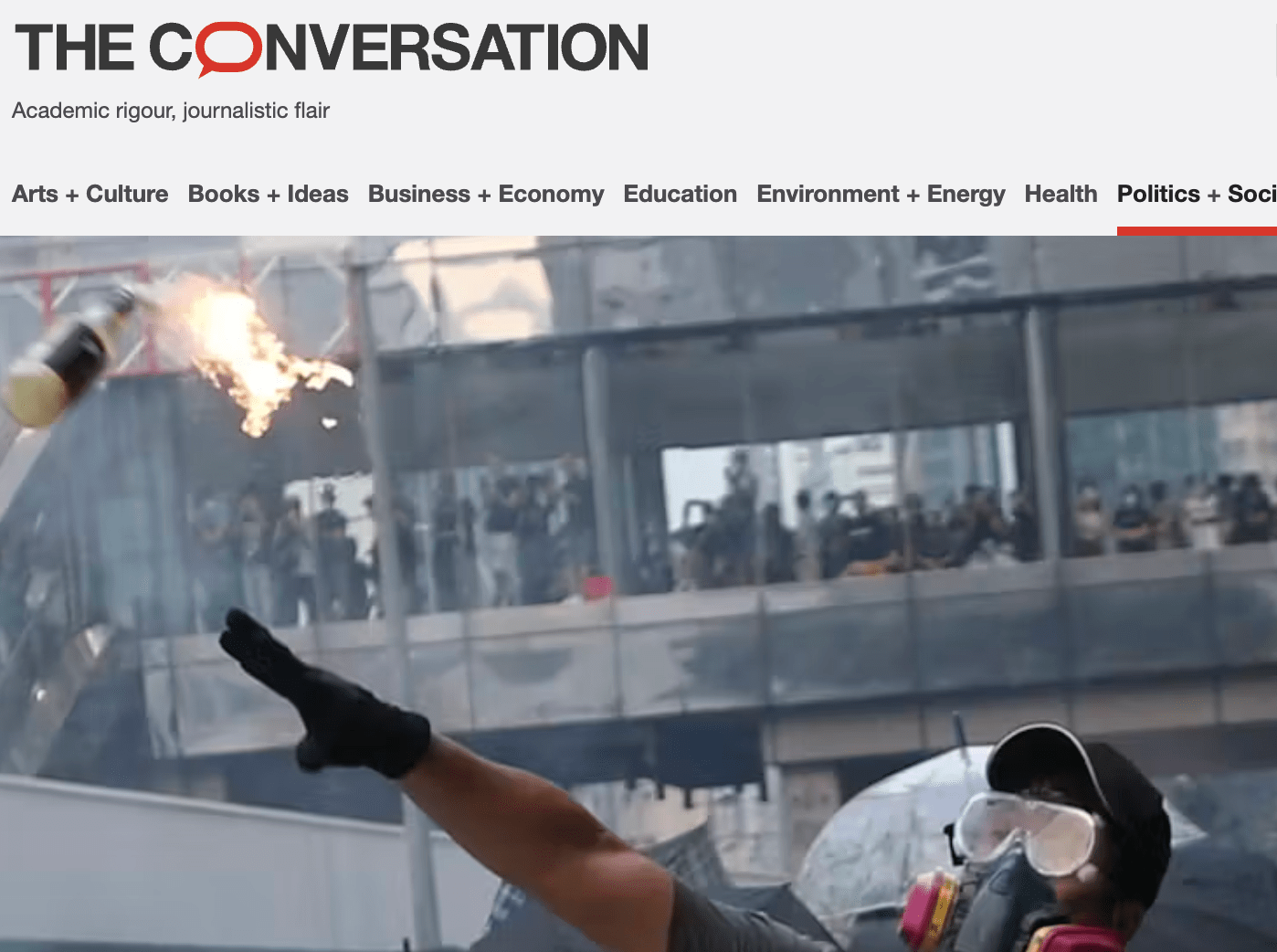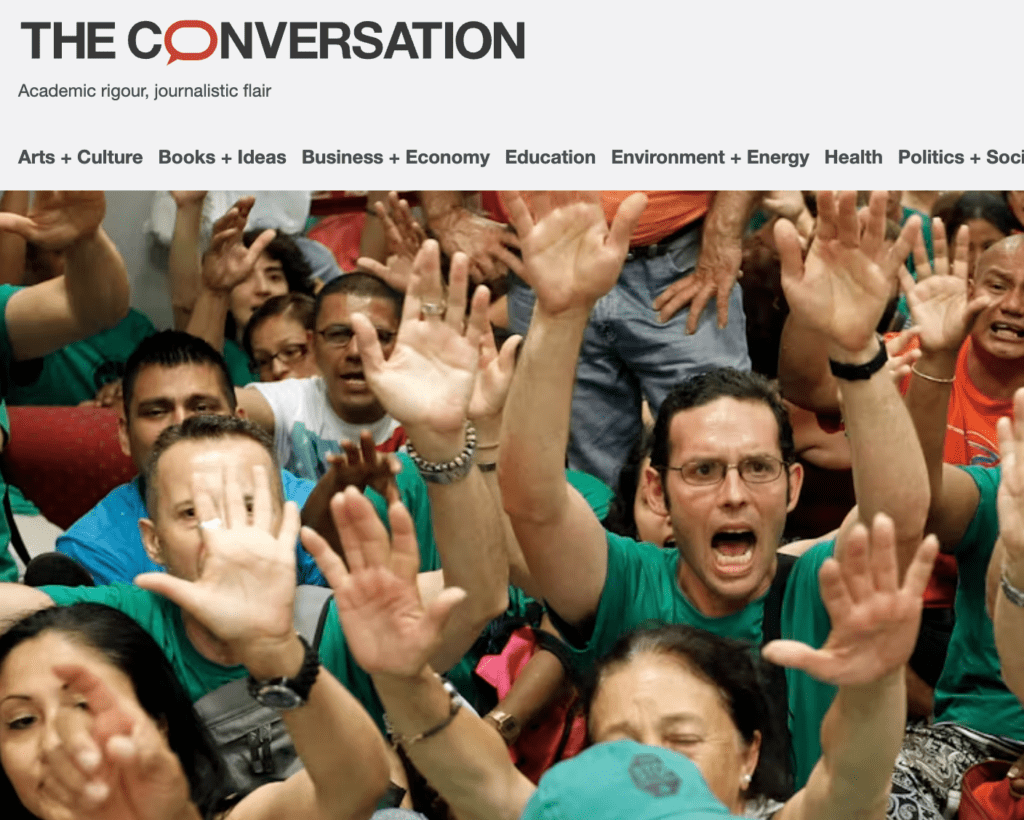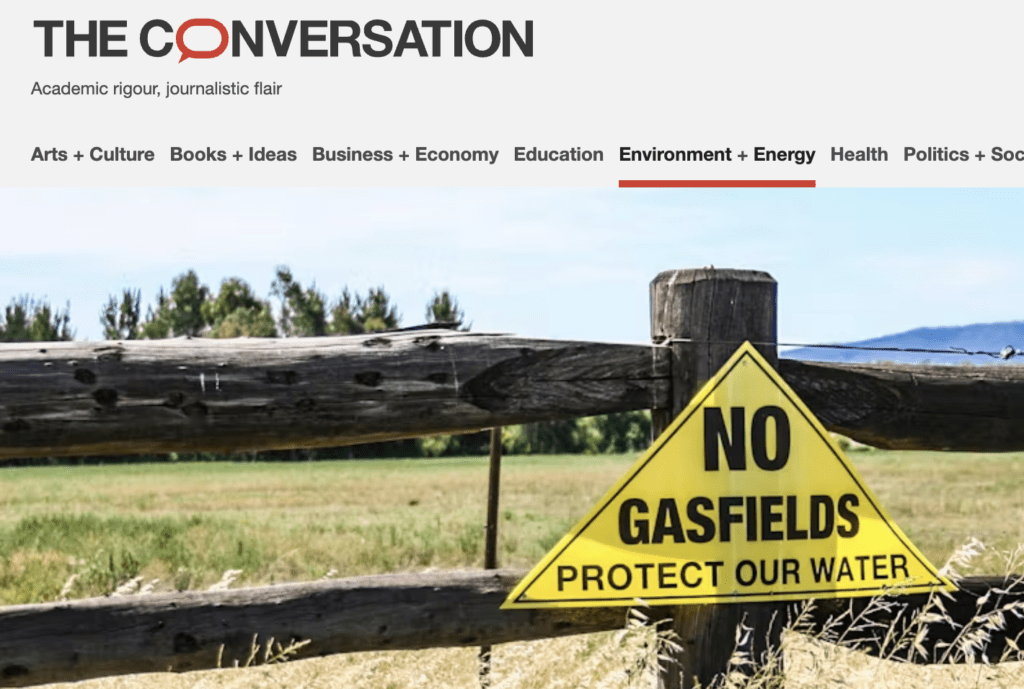Blogs & Speeches
With no end in sight and the world losing interest, the Hong Kong protesters need a new script
A look at the Hong Kong protests in 2019 – and the challenges they faced in sustaining a mobilisation with a government that would not negotiate.
The third instalment in a series of Conversation articles about the 2019 Hong Kong protest movement. This article was released to accompany a ChangeMaker Podcast Series on the history of Hong Kong democracy protests.
Citation:
Tattersall, A. (2019) With no end in sight and the world losing interest, the Hong Kong protesters need a new script. Conversation, Oct 1.
Overview
Today is the 70th anniversary of the founding of the People’s Republic of China, and protesters in Hong Kong intend to upstage Beijing’s celebrations. They will build on the global solidarity protests from the past weekend, staged in 60 cities across the world, including in Australia.
On Sunday in Hong Kong, tens of thousands took to the streets even though no protest permits were granted by the police. Riot control weapons were deployed against the protesters and those near the protests were subject to random searches.
While it might look like these are the same kind of protests that have dominated global headlines for months, Hong Kong is changing. It is moving closer towards crisis. The local government’s previous strategy of “wait them out” is failing, and advised by mainland Chinese officials, the government is exploring legal tools – like the state of emergency provisions – as a response.
Over the past 100 days, the violence between police and students has escalated. Always an asymmetric war, students initially responded in self-defence – using umbrellas, helmets and masks to hold their position on the streets.
As the police’s weapons have become more excessive – tear gas fired in train stations, rubber bullets shot into faces, sponge grenades, water cannons – the students’ responses have become increasingly indignant. They have engaged in targeted actions like street fires, petrol bombs and vandalism to public infrastructure and government sites, like the city’s mass transit system.
Two weeks ago, police representatives argued that live ammunition was justified in response to Molotov cocktails. About the same time, the protesters collectively decided to fight back against police, and not just use self-defence.
It is spiralling. So, where does this end?

More work

Why the ALP should DLP the LNP
What coalition building strategies have to teach modern political parties.

In the ‘fearless city’ Barcelona residents take charge
Barcelona en Comu is a new urban political force produced out of years of citizen discontent and uprising….

Endure or peter out? Here’s what Northern Rivers organisers and Stop Adani can teach us about organising climate groups
Over the last decade, several groups in Australia have successfully mobilised against fossil fuel interests. But which ones have gone…